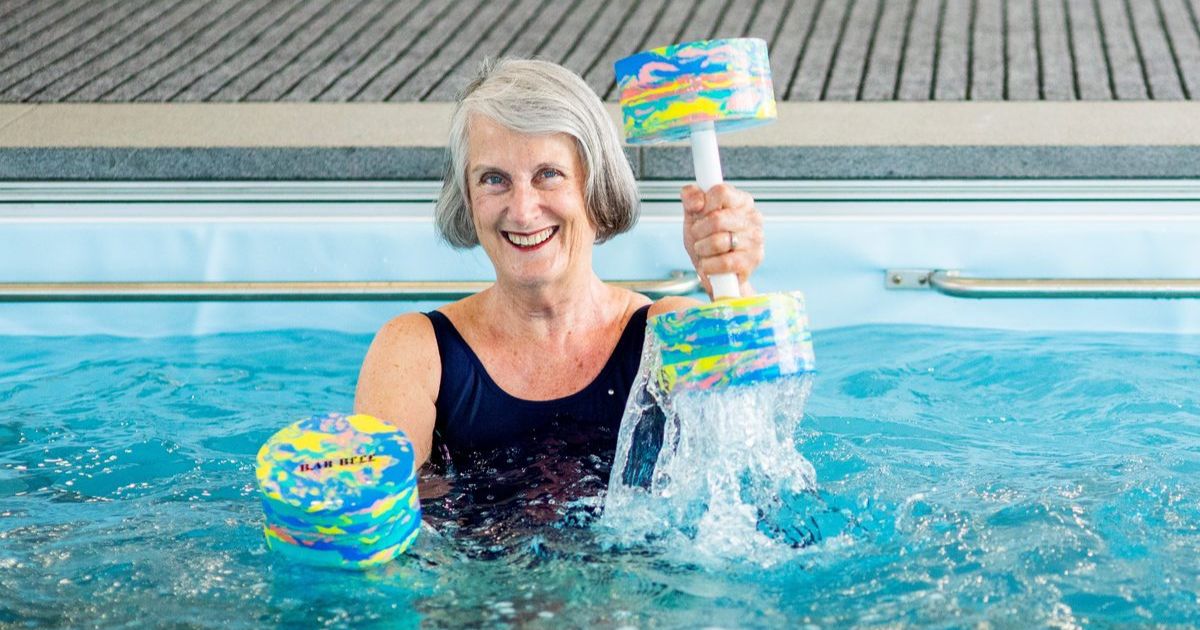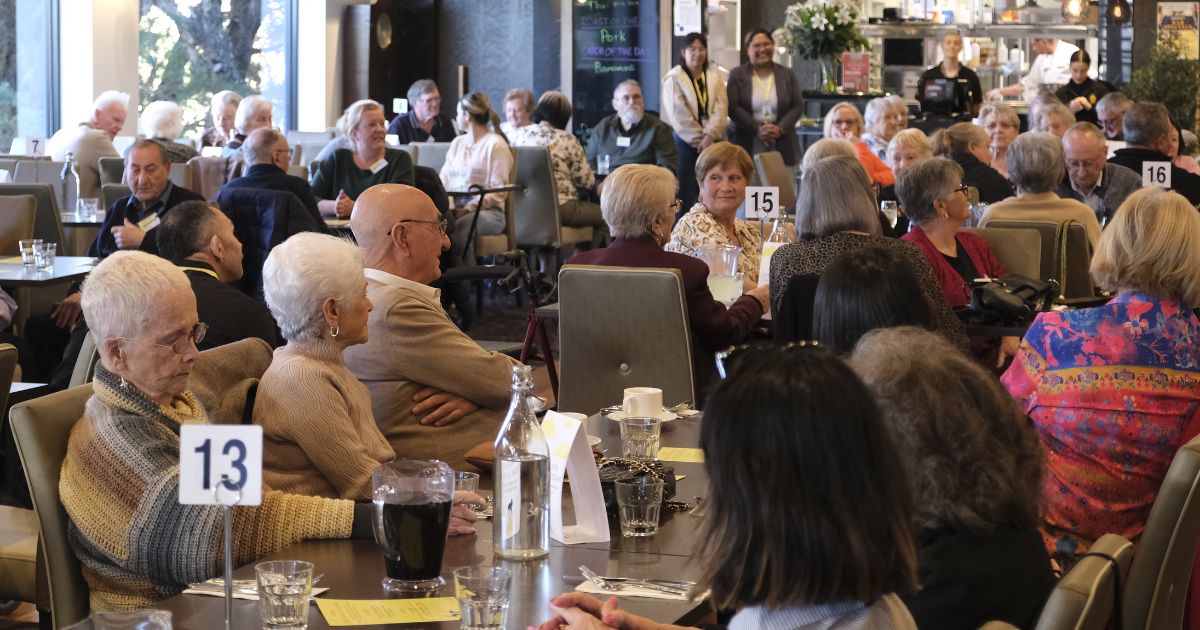Navigating personal injury compensation: a seniors’ guide
As people age, the risk of accidents can increase, making it crucial to understand rights and available support.
Personal injury compensation is a key resource, helping to recover and maintain a quality of life after an incident.
What is personal injury compensation?
Personal injury compensation is a financial award for individuals injured due to someone else’s negligence. This compensation addresses various expenses and losses, easing the financial burden to focus on recovery. Common scenarios include accidents in public spaces such as a lip and fall at the supermarket, injuries at work, vehicle accidents involving car, bus, train, or tram, or medical malpractice.
What does personal injury compensation cover?
1. Medical costs
This includes hospital bills, doctor visits, medications, and rehabilitation.
2. Lost income
If an injury keeps people from working, they may receive compensation for lost wages during recovery.
3. Pain and suffering
Compensation may account for physical pain and emotional distress related to an injury.

4. Loss of enjoyment of life
If an injury affects the ability for people to enjoy daily activities, they might receive compensation for this loss.
5. Home assistance
injuries can complicate household tasks. Compensation can help cover the cost of hiring help for chores and personal care.
Why is this important for seniors?
For older adults, recovering from an injury can be more challenging. Personal injury compensation provides essential financial support for care and recovery, easing the burden of medical bills and lost income. This allows adults to concentrate on healing and maintaining their independence.
Steps to pursue compensation
If it’s believed people are entitled to compensation, Henry Carus and Associates advice is to act quickly. Here are essential steps to follow:
1. Seek medical attention: Health is the priority. Keep records of treatments and expenses.
2. Document the incident: Collect evidence, including photos, witness statements, and relevant documents.
3. Report the incident: Notify the responsible parties, whether it’s a public place or local authorities in the case of a vehicle accident.
4. Consult a personal injury lawyer: An experienced attorney can guide victims through the process and help them understand their rights.
5. File a claim: The lawyer will assist with filing the claim and negotiating a fair settlement.
Understanding personal injury compensation is vital for all Australians.
If people find themselves in such a situation in the state of Victoria, don’t hesitate to seek the help and compensation deserved.
For more guidance, download Henry Carus + Associates’ free resource from hcalawyers.com.au/resources


















